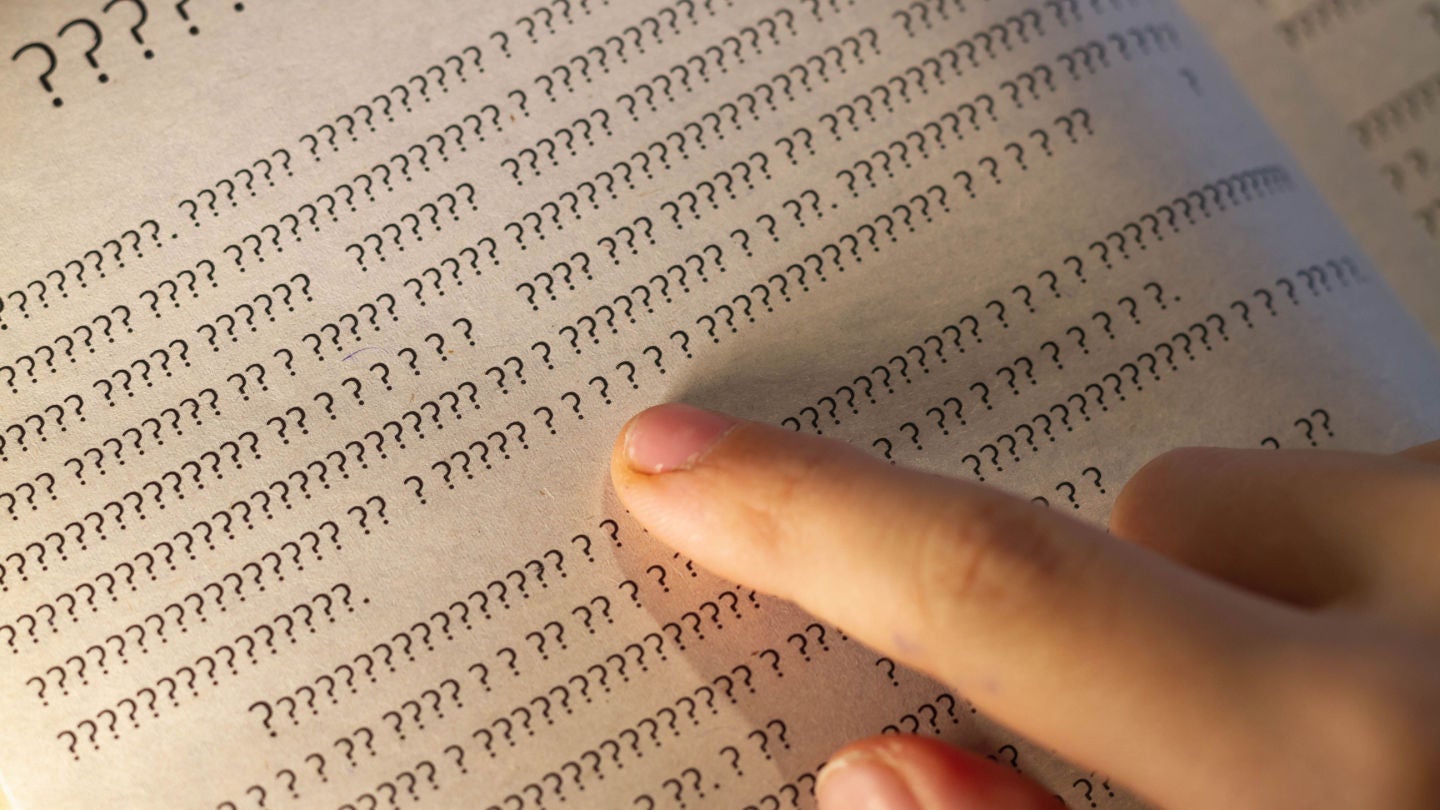The British Dyslexia Association (BDA) found in September 2022 that one in ten people in the UK had some form of dyslexia.
Despite how prevalent it is, the educational system is not designed effectively for those who are not neurotypical. Technology like ChatGPT could help people with dyslexia in the education system.
However, the world of academia, from primary to tertiary educational facilities, is divided on how to handle AI language models. Manchester, Oxford, and Cambridge universities have either outright banned ChatGPT or have strict rules discouraging its use in academic essays.
On the one hand, it is an obvious way to cheat on an essay by getting a computer program to do the work for you. On the other hand, it could be a lifeline for those who struggle to absorb information and language in the standard way it is taught in these institutions. In this sense, it should be seen as a groundbreaking tool.
Dr. Pledger Fedora, the founder of the Dyslexia Institute for Literacy & Learning, claimed in an interview that assistive technology such as text-to-speech software could be “extremely beneficial”. Dyslexia specialist Victoria Leslie, however, expressed concern that such technology also teaches users to “outsource thinking” and could also lead to issues of plagiarism. She argues that an overdependency on such tools would ultimately limit the development of student’s critical thinking and problem-solving skills.
How it can help, according to ChatGPT
When asked how it could help those with dyslexia, ChatGPT stated the following ways:
How well do you really know your competitors?
Access the most comprehensive Company Profiles on the market, powered by GlobalData. Save hours of research. Gain competitive edge.

Thank you!
Your download email will arrive shortly
Not ready to buy yet? Download a free sample
We are confident about the unique quality of our Company Profiles. However, we want you to make the most beneficial decision for your business, so we offer a free sample that you can download by submitting the below form
By GlobalData- Reading Assistance: Dyslexia can make reading difficult for some people. ChatGPT can assist dyslexic individuals by reading text out loud in a clear and understandable way. Dyslexic users can also adjust the speed of the reading to suit their reading ability.
- Spelling and Grammar: ChatGPT can help users with dyslexia by suggesting corrections for misspelled words and grammatical errors in real time, reducing the chances of embarrassment when communicating with others.
- Writing Assistance: ChatGPT can also help with writing by suggesting synonyms for commonly misspelled words, providing sentence structures and grammar tips, and even generating ideas for creative writing prompts.
Dyslexia learning support
ChatGPT can provide valuable learning support by answering questions and providing explanations in a clear and concise manner. Dyslexic users can ask questions on various subjects and ChatGPT will provide an answer in a way that is easy to understand.
ChatGPT and artificial intelligence language models should be seen as a timesaver
Outside the world of academia, those with dyslexia can use AI language models to save time in their professional lives and focus on other tasks. For example, rather than spending more time than necessary drafting an email to a client, a language model can provide a useful template.
Like most machine learning today, ChatGPT relies on the prompts it is given, and the data it is fed. In this sense, it can be prone to mistakes and may misinterpret a request. In this sense, you still need to accurately convey the service you need. Nonetheless, ChatGPT is a valuable tool for people with dyslexia, helping them to communicate more effectively and confidently, and in doing so supporting their learning needs. While educators may be wary of the technology, it is a lifeline for those people who are neurodivergent, such as dyslexics.








